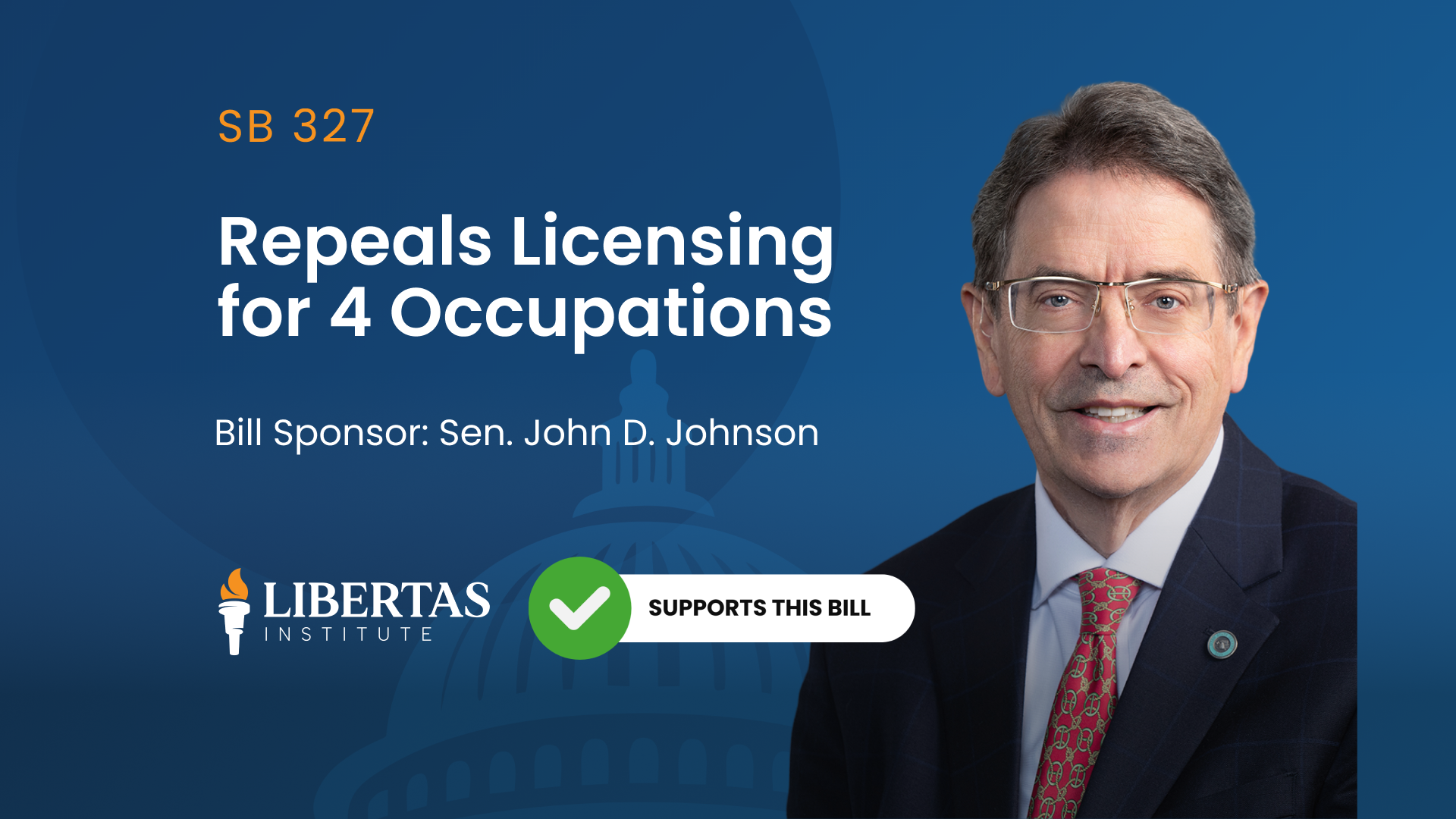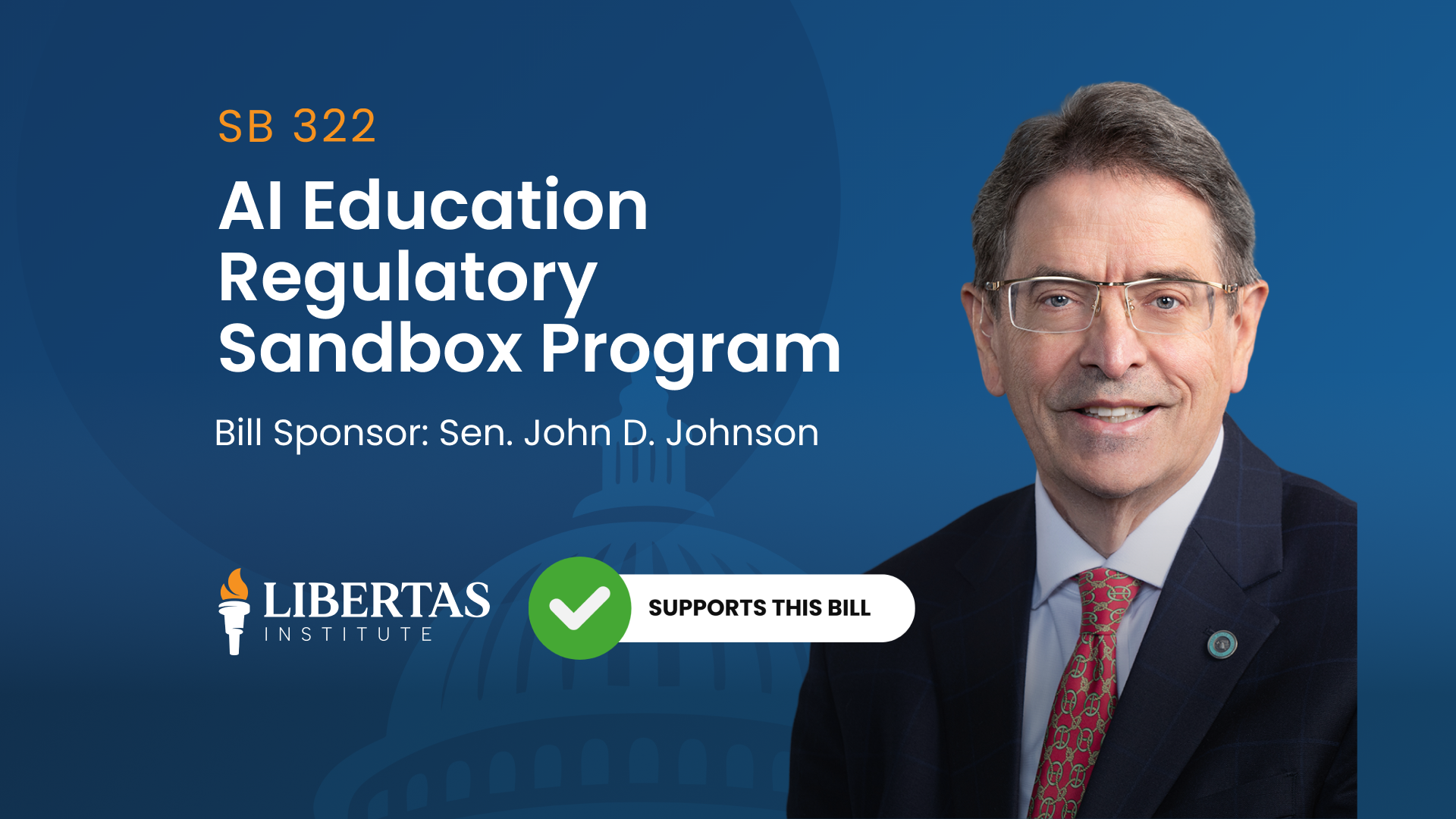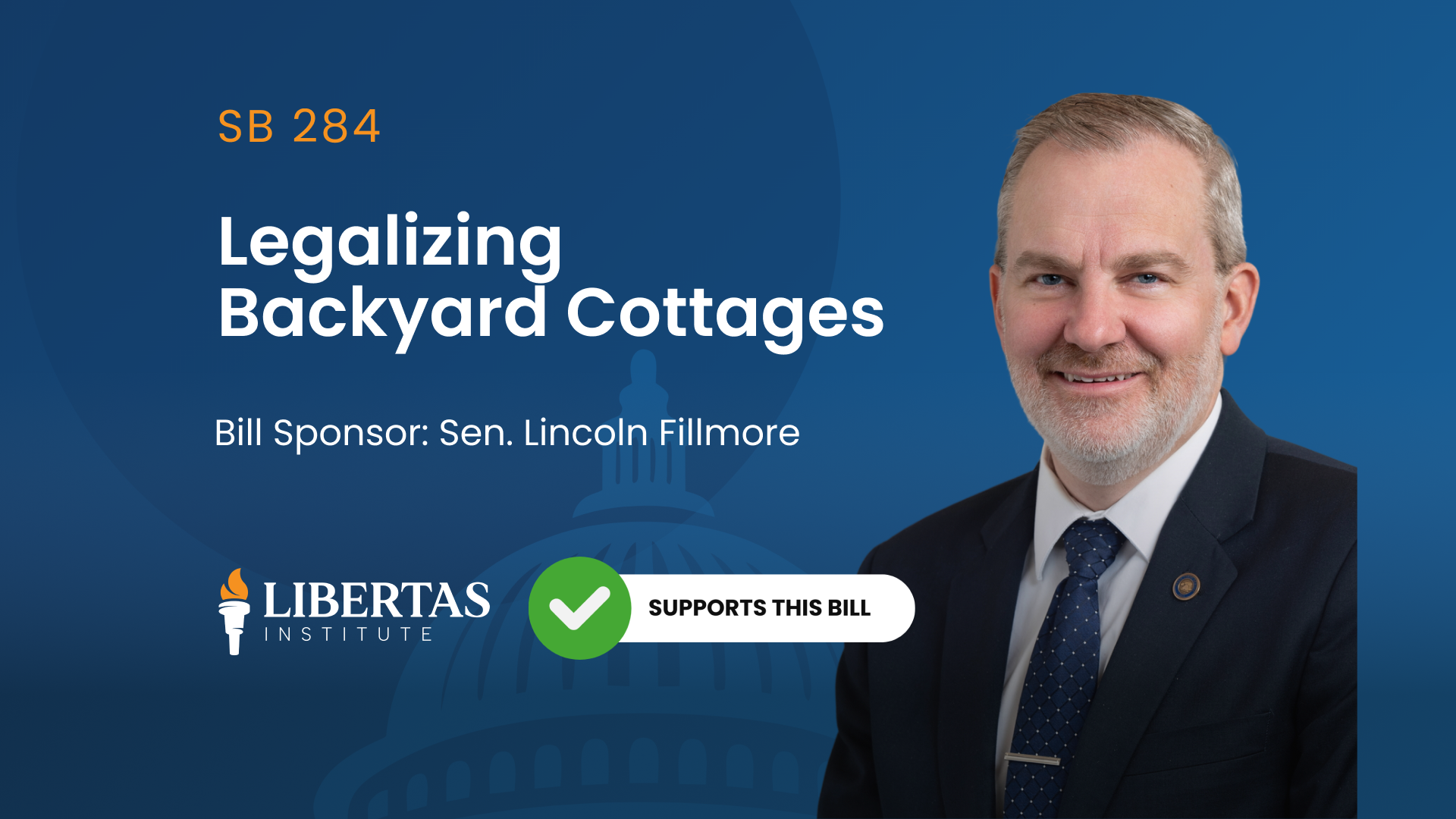This bill passed the House 70-2 and the Senate 26-0.
Libertas Institute supports this bill
Your favorite hair salon, contracting business, or plumber may be taking longer to schedule your appointment these days. This is because Utah is suffering from an increasingly detrimental labor shortage.
The concern over this labor shortage is no longer just being held in the business community. Worries over Utah’s labor shortage are now shared by over two-thirds of Utahns.
A large reason these labor shortages are occurring is that many qualified individuals are being barred from practicing their occupations. Restrictive occupational licenses, government permission slips, are keeping those wishing to use their skills to perform critical jobs out of the workforce.
More specifically, Utah’s occupational licensing laws are keeping individuals who are moving to Utah — both internationally and from other states — from using their skills. Currently, individuals coming to Utah must gain recertification. This could mean additional time and money spent on getting a certification they are already qualified to hold and less time being spent practicing their profession.
Senator Curtis Bramble is sponsoring Senate Bill 43 to address this issue. This bill would reduce barriers to obtaining an occupational license.
This legislation will allow the Utah Division of Occupational and Professional Licensing to issue an occupational license to a person who has come to Utah internationally or from a different state. Issuing a license to these persons will occur if they have at least one year of experience practicing the occupation they are seeking licensing for, it has been determined that their education experience and skills demonstrate competency, or if their previous jurisdictions licensing requirements were substantively similar to those in Utah when their previous license was issued.
Additionally, this legislation creates a pathway for a person who did not previously hold an occupational license to receive one. A person in this scenario could become licensed if it is determined that their education and experience are substantively similar to what is required for that profession in Utah.
With this legislation opening the door for more qualified individuals to participate in the workforce, companies across the state can see an influx of new workers. This will help Utah’s economy and may even mean the time you spend waiting for appointments will go down.




